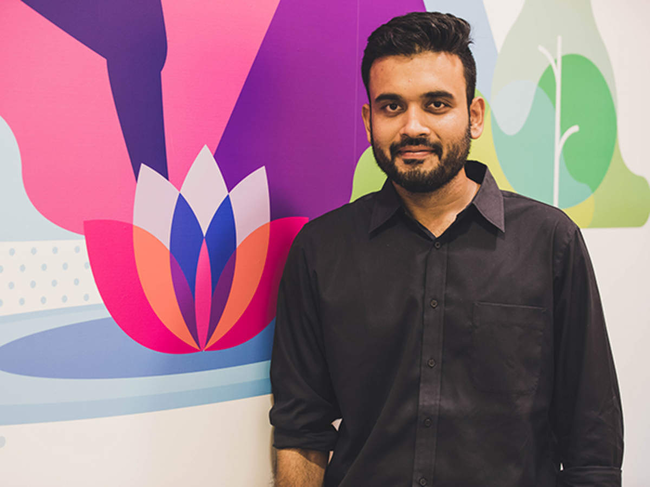 ETtech
ETtechThe financing is likely to have valued Curefoods at about $280 million, a source familiar with the matter said. The company is in talks to raise another $50-75 million which may close in the next few months, as it looks to bolster its brand portfolio.
Curefoods wants to create a multi-brand, Thrasio-like business by acquiring, incubating and licensing other food brands. It has already 20 brands in its fold, of which 15 have been fully acquired.
“If you look at how the brands or cuisines are consumed, there are no national brands in any category. Hence, we decided to go after midsize regional players and city leaders, scale them, and see whether they can go national or not,” Nagori told ET. “Food is very fragmented and we will try and scale most brands up to a regional level. For the national level, we will only pick a few brands. Right now, we are taking three brands national."
Curefoods plans to deploy 30-50% of the fresh funds to continue its acquisition spree across the country.
Discover the stories of your interest

"I think there is inherent competition, not just from other companies but even smaller venture capital funds and angels. The food market is very promising. As the market grows, it will require a tonne of supply. That supply has to come from brands. This is exactly what has happened on the B2C side and in many other categories," he said.
Cloud kitchens, which are cooking facilities devoted to preparing delivery-only food, have flourished on the back of the pandemic. The number of cloud kitchens on food delivery platform Swiggy trebled between FY19 and F21 and doubled on Zomato from January 2020. Industry leader Rebel Foods—the owner of Faasos Behrouz Biryani and OvenStory—recently turned a unicorn with a valuation of over $1 billion.
Much like a manufacturing business, Nagori said, the company has five central kitchens in metros, which in turn supply to a network of 100 multi-brand cloud kitchens across 13 cities. Nagori said the company will be profitable at the corporate level by the end of the year and hit $100 million in annualised revenue run rate by October. Annualised revenue run rate is a projection of upcoming revenue based on what the company posted during its best-performing month.
In an earlier interview, Nagori told ET that the company was acquiring a mix of smaller brands with an annual revenue run rate of Rs 8-10 crore, and those that had the potential to scale nationally and become Rs 100 crore businesses. Its top three brands contribute 50% to the revenue, while the next three contribute a quarter.
The company said it is looking to increase the number of brands in its portfolio to 25 by the middle of the year. It also plans to use the funds to build its own discovery platform from which consumers can order directly. Rebel Foods has such an app.
















 Get Unlimited Access to The Economic Times
Get Unlimited Access to The Economic Times
